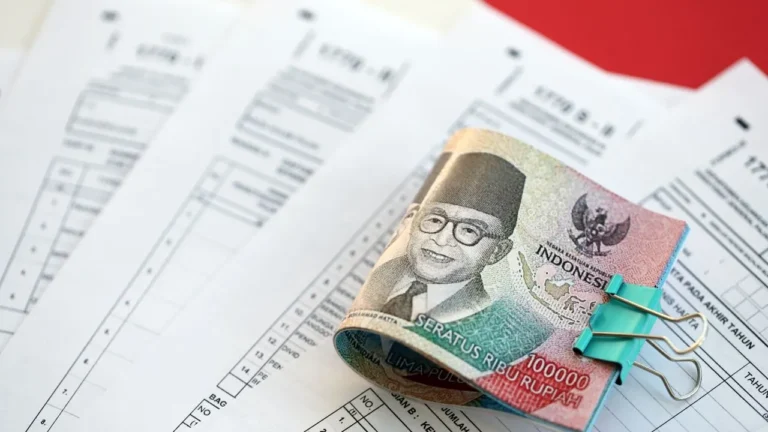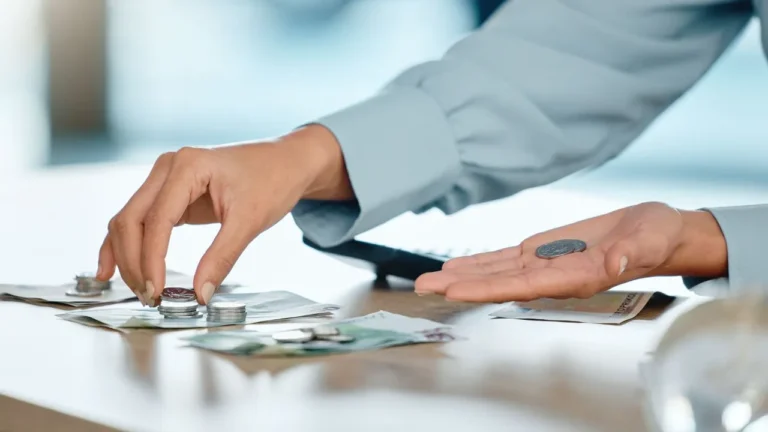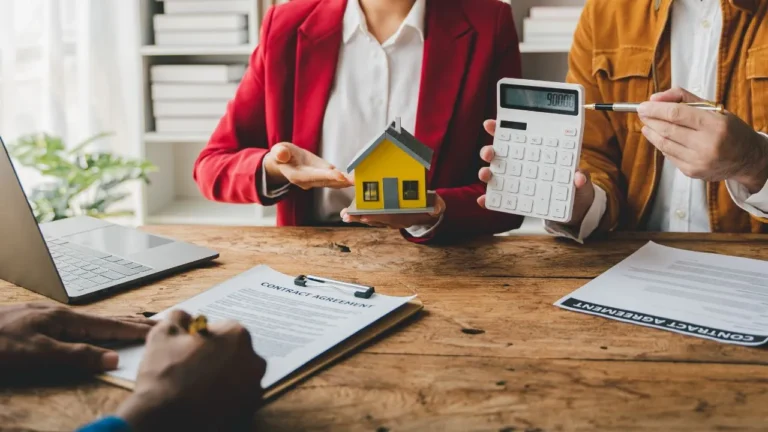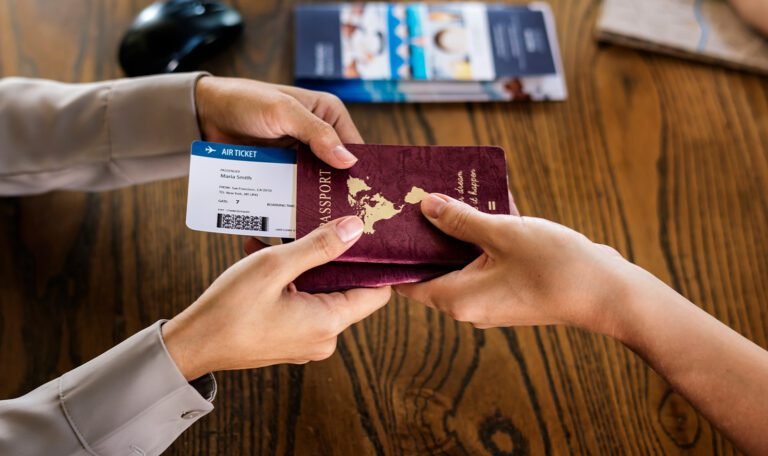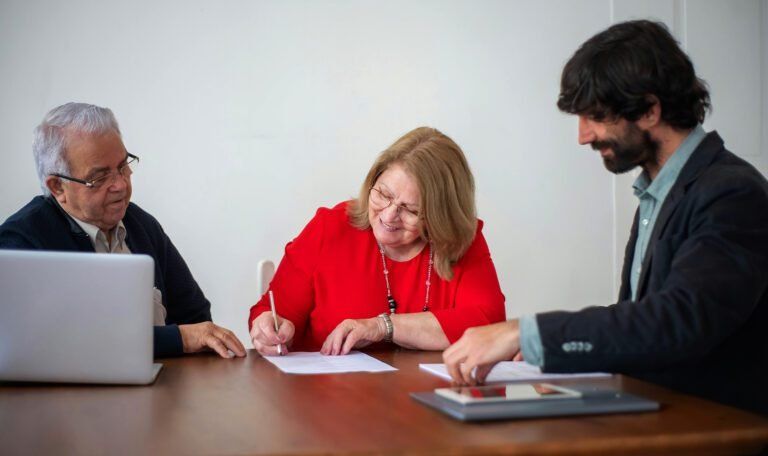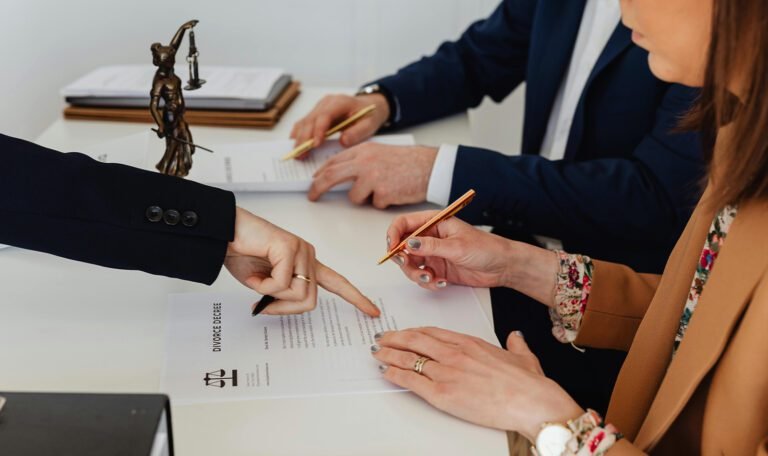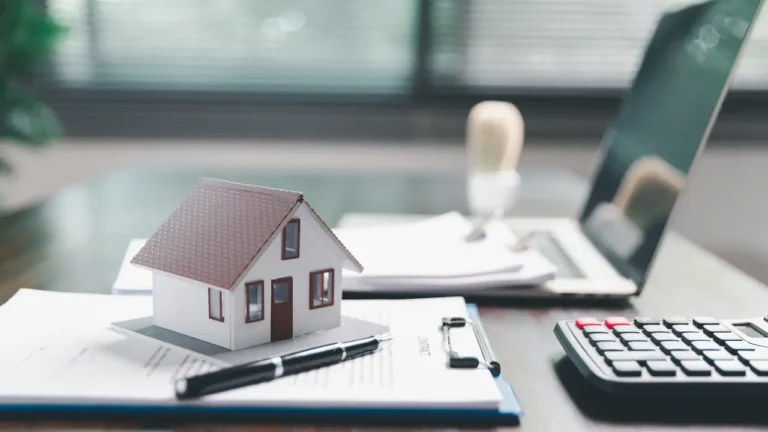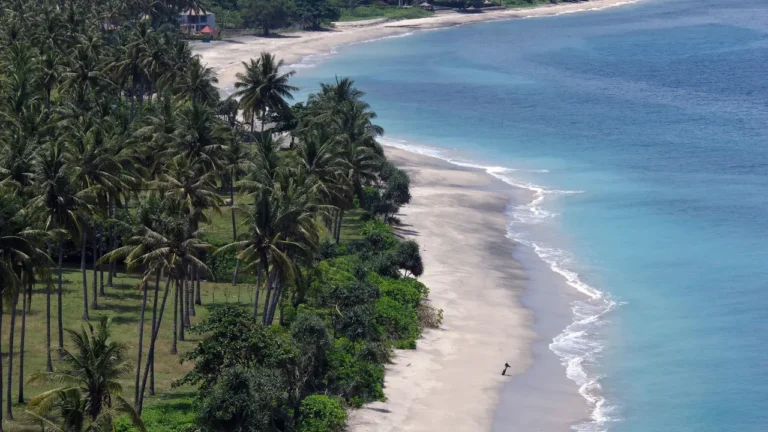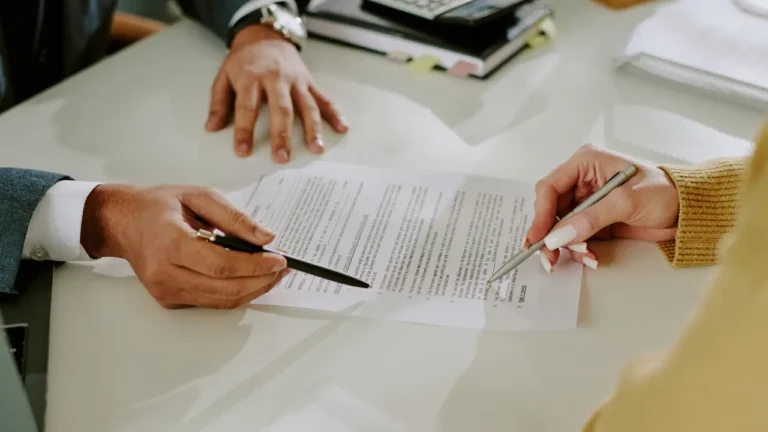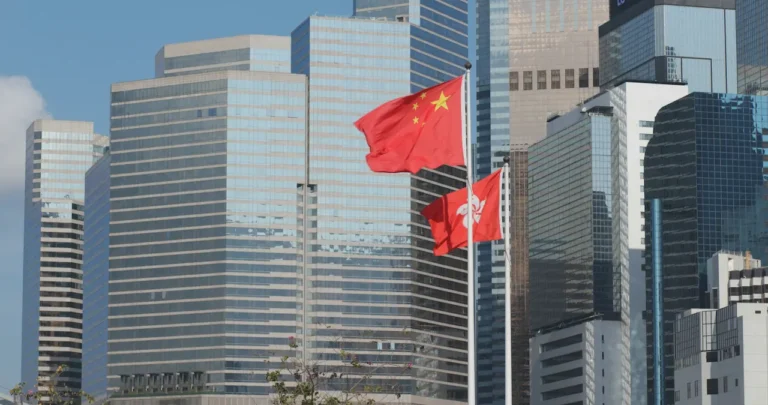Table of Contents
ToggleMore development occurs in Bali, and more investors are looking for alternative investments in East Indonesia. After Lombok, Sumbawa, and Flores, Sumba is becoming a prime destination for those looking to invest in Sumba and achieve high returns. This island, facing Australia, has captivated travelers seeking authenticity and exclusivity. Culture in Sumba remains well-preserved, and its stunning landscapes are now attracting property investors and developers. However, as the market and professionalism are still developing, those looking to invest in Sumba must approach cautiously and focus on essential steps before signing agreements or starting construction.
Reasons to Invest in Sumba
Sumba offers hectares of land for the price of a villa in Bali or Lombok. Unlike the other islands, Sumba still offers freehold land for a reasonable price. Development especially in Bali has reached a point where getting a premium location is not difficult. Lombok still has some premium locations, but the competition is already in construction, and the market in Lombok seems, at the moment, not to be following the trend of the construction while travelers are looking for new islands and unique experiences. Sumba has been a place where high net worth individuals were traveling due to the accommodation cost.

Only a one-hour flight from Bali, Sumba is seeing new projects and new investors move there to offer alternative accommodation along the ocean on pristine beaches to attract surfers or individuals looking for a unique experience.
ROI (Return on investment) is always subject to different factors:
- Price of acquisition
- Occupancy rate
- Price per night
- Maintenance cost
- Competition
- Ability to sell
- Stability of the market and potential growth
Sumba currently matches many of the criteria, with a low acquisition price, low competition, accessibility, and the ability to practice at a high price per night. The market is growing due to the congestion of other markets in Indonesia, and it could be the next spot to just sit on land banking.
Make navigating real estate in Indonesia easy
Save time and money by letting ILA’s team of experts guide your real estate journey in Indonesia. We can help with due diligence, land title transfers, notary services, contract drafting and reviewing, building permits, various licences and more.
Find more information about our broad range of real estate services, or reach out today for a free consultation.
How to Invest in Sumba
Like other markets and islands, Sumba is under Indonesian regulation, making the rules similar to those in Bali, Lombok, and the rest of Indonesia. Those investing in Sumba must navigate the same legal framework when acquiring property. Transactions for freehold properties are conducted through a trusted notary selected by ILA, ensuring the investor or seller is protected based on agreed terms and conditions. While most transactions in Sumba involve freehold property, some investors are now purchasing land, subdividing it, and subleasing it to others, offering alternative investment opportunities.
Here are the steps to always conduct before investing or developing a property.
Understand the difference between leasehold and Freehold
Developers and landowners are offering different types of investments under leasehold agreements or full ownership.
A leasehold agreement is a rental agreement (Hak Sewa) for a certain period of time with terms and conditions defined in the contract. The lessee is not the land owner but rents it for the defined time. A leasehold agreement is complex as it is important to check all terms and conditions to protect the parties and any dispute.
At the opposite of the leasehold, the freehold title (SHM) can be acquired by a foreigner purchasing the land by setting up a company (PT PMA) in Indonesia. Ownership is guaranteed and the landlord loses its rights on the land. The land title is converted into an HGB Title for a period of 30 + 20 + 30 years. During this period, the foreigner can resell the land as a freehold property and expect capital gain. This is in contrast to leasehold property, where the landlord will take back the land after the terms.
Steps to follow before investing in Sumba
- Select the land properly in the right area (Sumba has 2 airports and each area has its minuses and plus)
- Check and sign a preliminary agreement before paying any deposit to the notary or the seller. It is difficult to take back a deposit, even if it is refundable. At ILA, we usually recommend drafting a Memorandum of Understanding or an ITP (Intention to Purchase) and agreeing on the terms and conditions of the deal before any payment.
- Pay the deposit on an escrow account, never to the seller directly
- Conduct due diligence on the property and the seller. Scams also occur in Indonesia, and land may have complex situations. Due diligence needs to be performed properly to avoid any issues on the zoning, access road, ownership, licence of the seller, mortgage, tax issues etc.
- If you intend to operate a business with the freehold or leasehold property, set up a PT PMA to purchase it. This will provide some tax advantages and an easier transition to the heirs.
- If you purchase a freehold property, you must sign the final lease agreement or the Akta Jual Beli (AJB).
Setting up a PT PMA in Sumba (LLC Company)
Foreigners must set up a limited liability company to purchase land or invest in Sumba and do business with it. The company’s setup takes a few days and can be done remotely.
The company, called PT PMA, allows foreigners to obtain a hotel license and an apartment license to operate villas and hotels. Indonesian regulations forbid foreigners from earning income without a proper license (KBLI).
The company needs to meet some requirements and ILA can assist to setting up the company:
- 2 shareholder minimum (0.1% at least for the second shareholder)
- Shareholders can be individuals or corporations
- 1 commissioner and 1 director
- The director must be a resident with a KITAS (stay permit). Investors in the company can obtain this list.
- Authorized capital depending on the activity of the company (around 10 billion IDR)
The steps and documents to set up the PT PMA are as follows:
- Choose a company name (At least 3 words of at least 3 letters)
- Register the name
- Deed of establishment (Akta)
- Ministry approval (SK)
- Tax Card (NPWP)
- Business licence (NIB)
- Sertifikat Standard (SS) if the business is classified as high risk (we recommend contacting us depending on the activity you want to have in Sumba)
As with every company around the world PT PMAs have different obligations:
- Quarterly investment report
- Annual report between January and April
- Withholding tax report each month
- Social security payment (BPJS)
- Monthly income tax for the employees
Also read : Requirements for Creating and Establishing a PT PMA in Bali
Having a company and a KITAS also helps to optimize the investor’s tax situation. Indeed, by having a company and a KITAS, the foreigner can set up a bank account and obtain a reduced tax of 10% on the dividend.
To maximize taxation benefits, businesses can implement different setups. The government taxes rental incomes at 10%, while it applies different tax rates to restaurants and other services at the company level. Having a company in an offshore country with a better tax treaty with Indonesia can also help to optimize the way to cash out of the company.
Sumbas is definitely the next place to invest and keep an eye on. As with every business, the concept, location, and management will be essential to making the investment profitable. As business owners and investors, we understand your priorities. At ILA, we focus on assisting you with all legalities and accounting to ensure your business remains compliant and successful.



